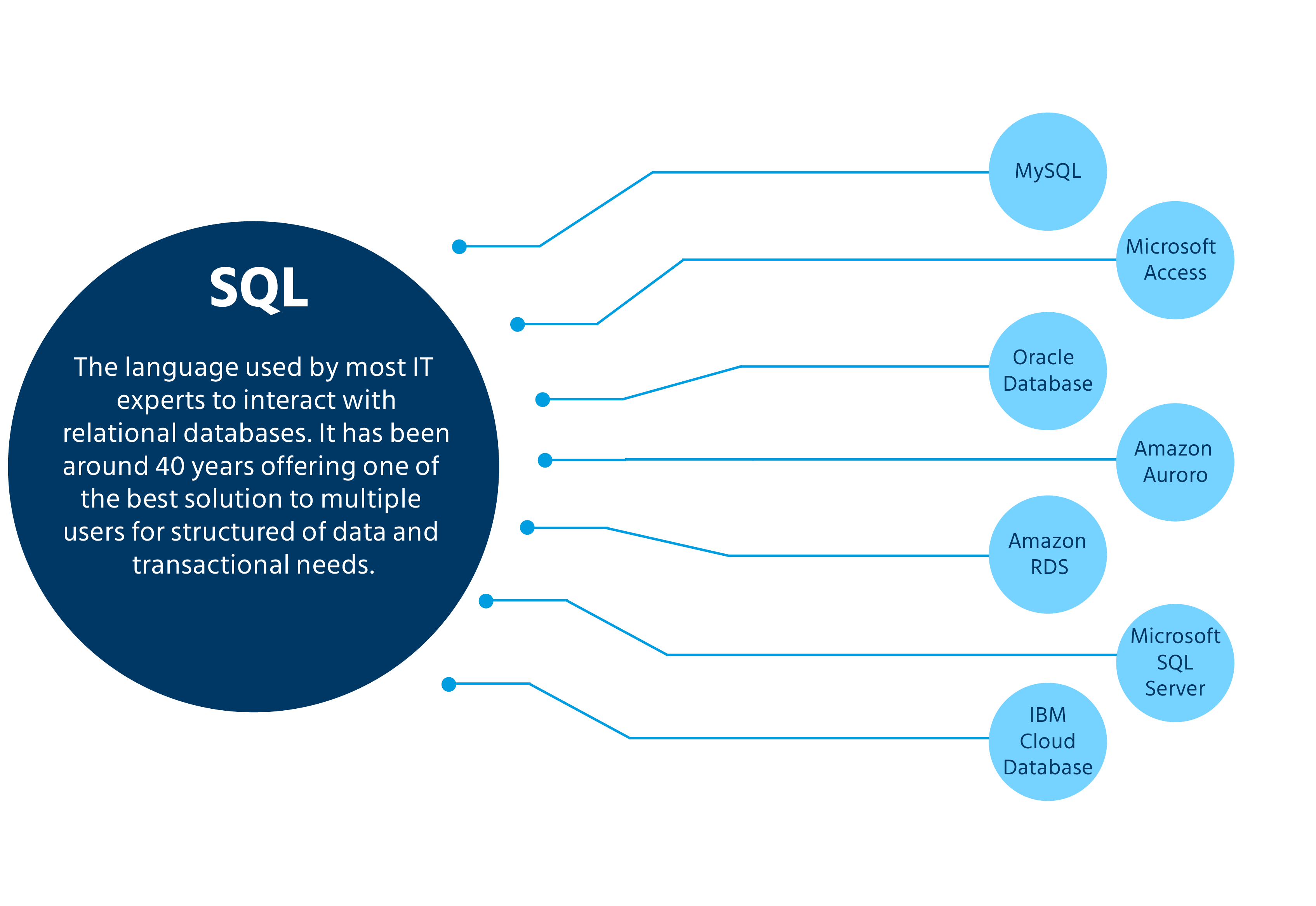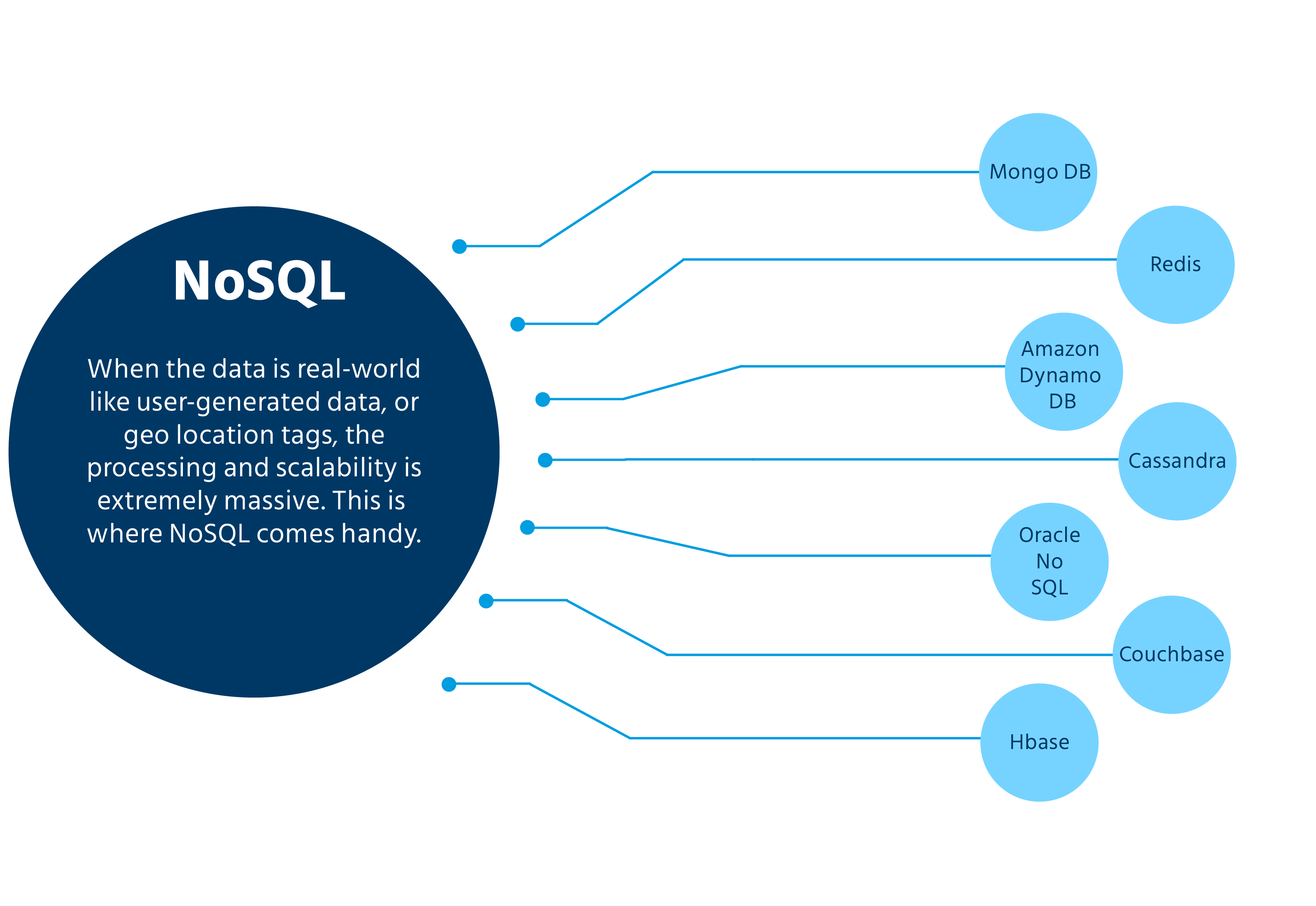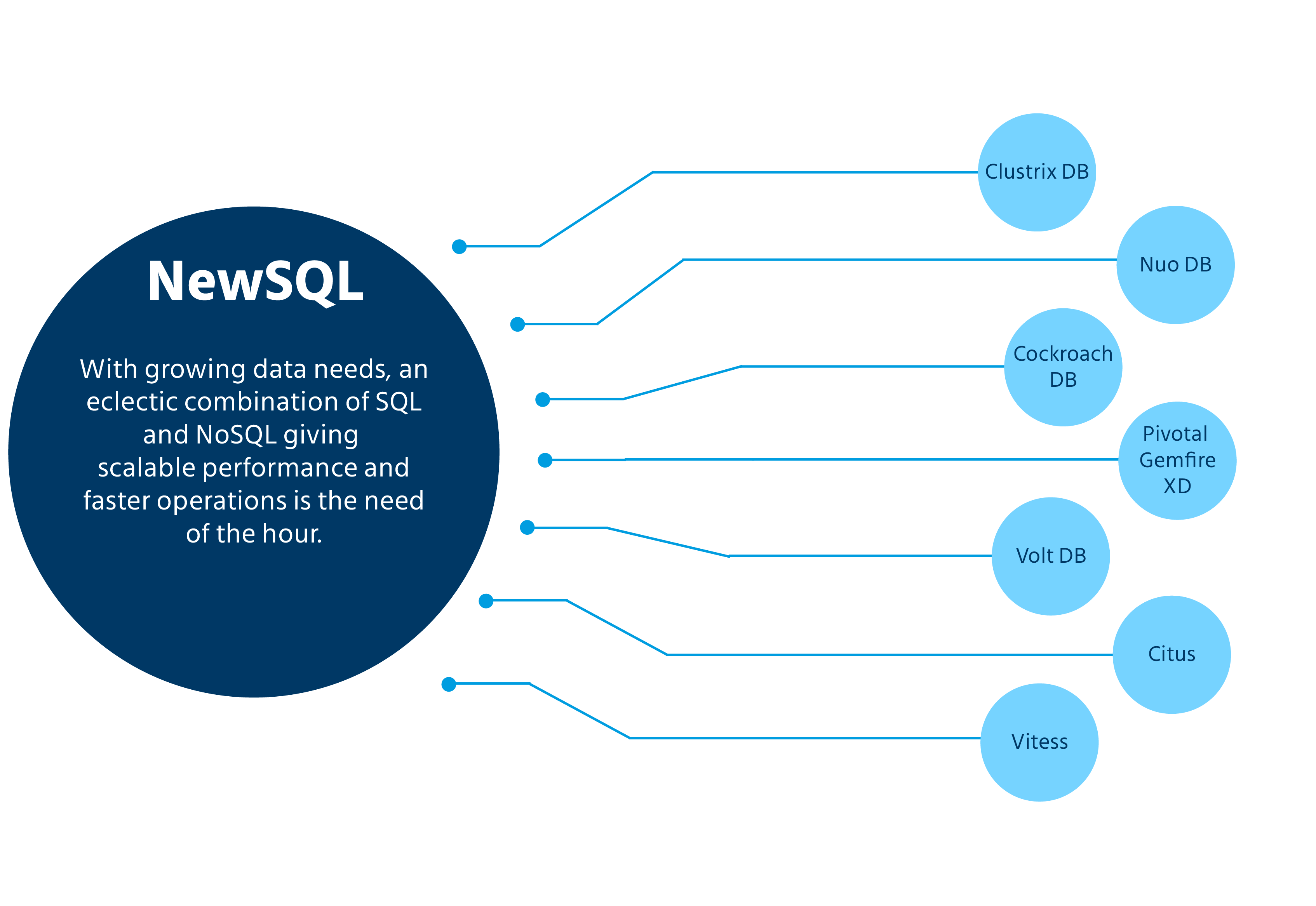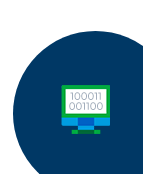The database management system is a software application used to conveniently access, create, retrieve, and update data from various databases. It is akin to an interface between the database and its end users. It maintains optimal performance, efficiency, privacy, and security while tackling challenges that hamper the fluidity of businesses. The database management system is integral to backend development.
When you are banking online, keeping an account of your monthly payments, or managing travel reservations, notice the real-time updates on the page carefully. The database management system gives commands to the system upon request to load, retrieve, or modify the existing data. Without you having to reload or refresh the page, the system is continually updating everything for you to see in real-time.
A database management system can be easily integrated into programming languages such as Java and Python to enable connection with any application or website that is accessible to multiple users.
What Is the Role of a Database Developer?
A database developer (DBD) is tasked with creating and implementing computer databases after analyzing the company’s data needs. Using expansive knowledge of database administration software, programming languages, architectures, and much more, database developers are continually modifying and editing databases, designing and developing new databases and troubleshooting issues. They are often found working with the development team.
A database developer works with generic and proprietary APIs to build applications that interact with a database management system and maintain the quality of the data and information. With skilled training in key technologies and development languages, their responsibilities also include managing the performance, integrity, and security of databases across devices.
With a variety of database management systems available in the market today (as explained below), a database developer has to be proficient and updated with the industry’s latest trends. From changes in regulations, technology enhancements to forecasting emerging products — the developer should be able to implement new or better data strategies that positively impact existing operations.
It is vital to mention that a database developer’s skills and technical expertise are desirable to many organizations, whether the IT sector, private corporations, healthcare facilities, financial institutions, insurance companies, and universities. As long as data-intensive needs exist, the need for hiring a database developer to refine data and foster organizational growth will remain.









 Behavioral Competencies
Behavioral Competencies Cognitive Competencies
Cognitive Competencies Coding Competencies
Coding Competencies Domain Competencies
Domain Competencies
































Would you like to comment?